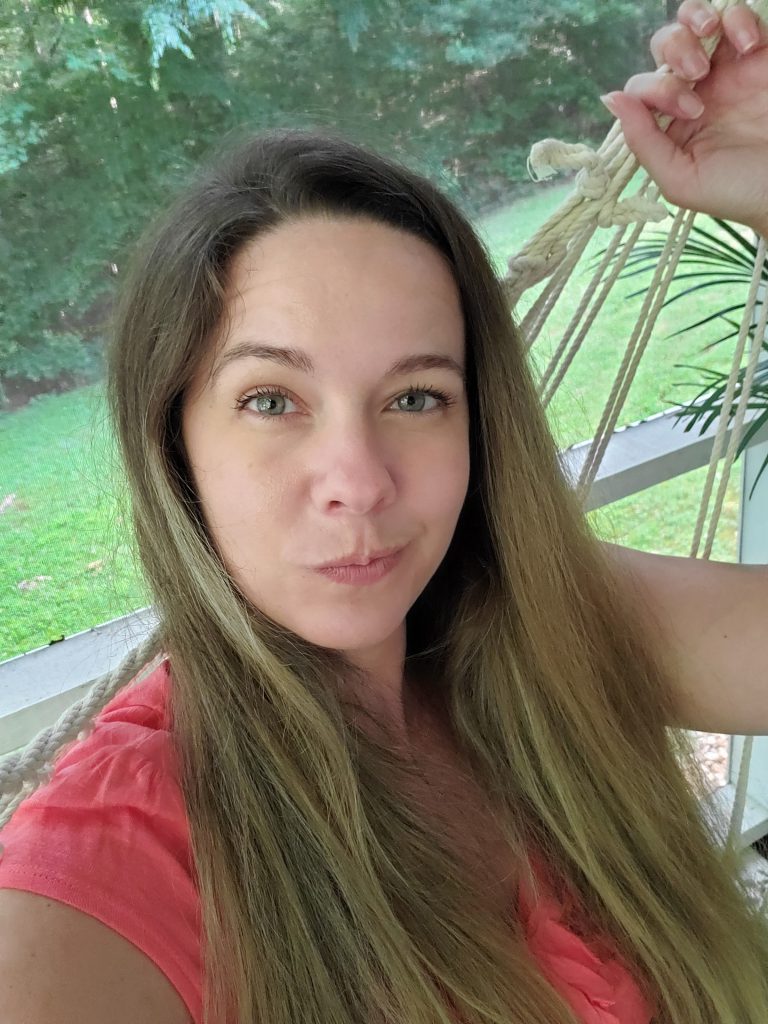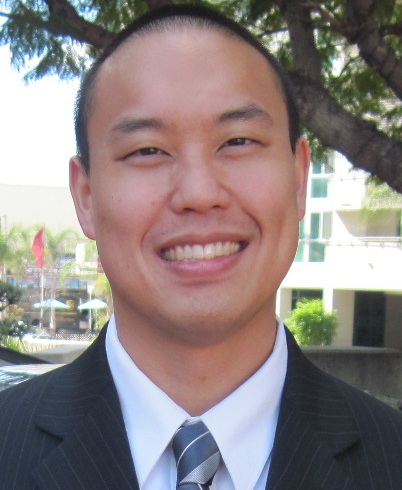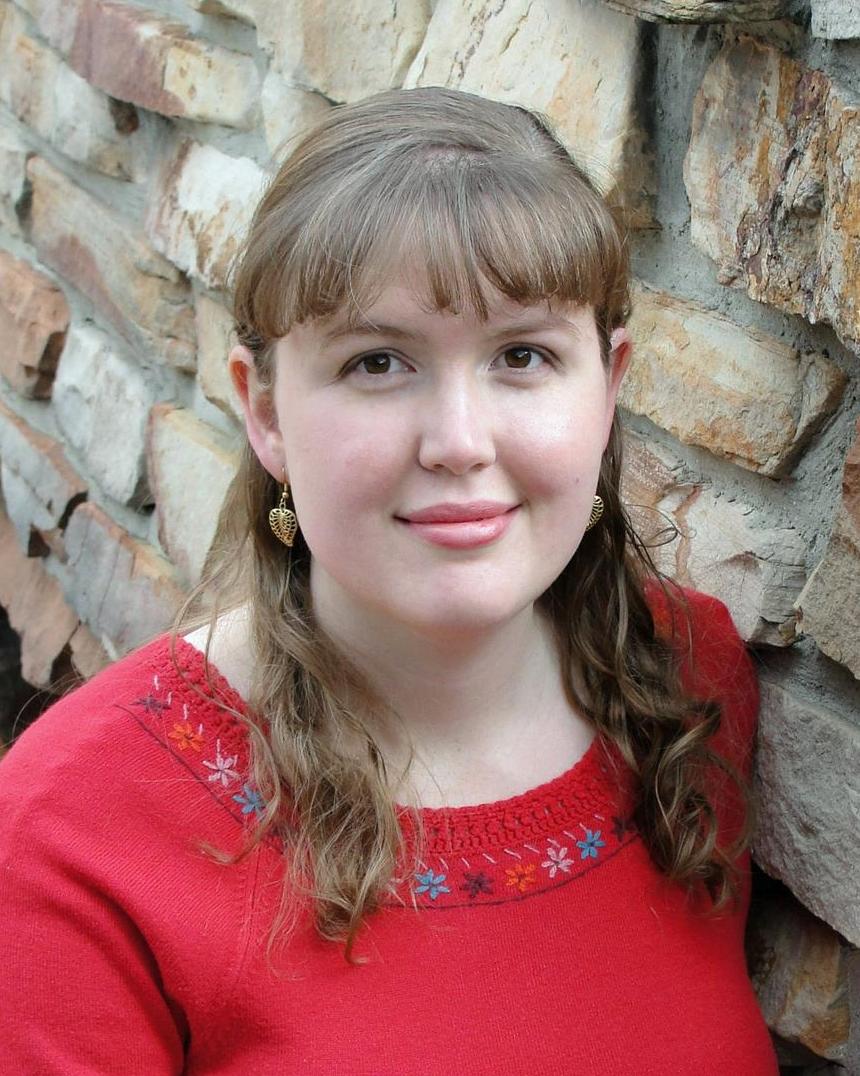edited by David Steffen
Someone began sending hand-written spellcrafted postcards out of DC in July of 2024. Those postcards made the rounds for a good nine months, under the radar, scarcely observed. That was, until the rash of good health, the proliferation of wealth, and the sudden uptick in good living coupled with a grand downtick in big socioeconomic issues the mayor was quick to claim as her own—such as suicides and unemployment—brought the situation to the attention of the East US Coven.
Because we can’t have downticks in unemployment and upticks in good health, not if there’s witchery being waved under everyone’s noses. Especially if the handwriting has a particularly feminine flair. No siree.
The coven sent a team, sans me, to check DC, do a sweep that chugged them around on and off the metro until they shook their heads and scattered home, reports saying that it must be the mayor after all.
I admit, I checked the coven’s files after, a part of me rankling since the coven overlooked asking me to look into things when I was right there. But I am “just a low-level research drone.” As if my duties take away from knowing my own home over men from New York and Boston; as if it isn’t literally my job to find possible unapproved spell-usage hinted at in news articles and reports and forum threads. Talk about being low gal on the invisible corporate witchpole I’m supposed to climb.
Then the goodwill witching spread. Not like California wildfires. Like ladybugs. Crawling into people’s houses via their mailboxes, with goodness hidden under their stamps and well-wishes printed out every fourth letter in the mundane notes.
Now, I’m what you call a witchery watcher, or at least that’s what would be on my resume if Salem hadn’t happened, kicking us all deep undercover from the rest of the world. It’s not that glamorous a job, not when half the self-proclaimed witches can’t seal their bottle spells properly enough to be termed spells and the other half spend the bulk of their time insisting that spells are all internal or some new-agey form of mindfulness. But here and there someone who acts suspiciously like a real witch pops up on one of my routine checks and my job gets a tad more interesting, if you call “interesting” sitting at home while higher-ups from elsewhere snatch the file and head out into the field to hunt that wild witch down themselves.
Those days are frustrating as all heck because I’m never given authorization to use higher-level spellcraft to check out the witch dabbler myself.
See, it’s dangerous to authorize women for too much crafting on the job. Don’t want another Salem. Don’t want another witch-burning spree where the men of the covens hide behind the women, send them out to die for the good of keeping everyone else safe.
Best to make sure we don’t get noticed.
A bit of a catch-22 if you ask me, since promotions come from wild witch catching, yet if I’m never out in the field because of my supposed feminine wiles…
That mentality isn’t something I can change all at once, not craning my head as I am from the bottom of the coven.
So when I get a postcard in my mail that smells like the sage-flavored mountain on its front and spells a wealth of confidence into my spine, I decide to do some off-grid, inadvisable digging of my own. Maybe jump a few pegs up on that ladder even if I have to bend some coven rules. Get to a position where I might do some good, change the culture, move some immovable mountains so my two girls could step into a coven without having to claw for every scrap of respect they gained.
Or I hope I’d at least earn a nice letter of recommendation and some off the record shop-chat that could help me corporate-jump myself between the ladders of different covens like a game of leapfrog.
I wait till both my girls skip merrily onto bus #475, that orange monstrosity that every day I wish I could wrap in a protective blanket of spells, though that doesn’t come under the “allowable spellcraft” rules.
While the girls learn mathematics and grammar and spotty history, I craft a runic graph of my city, marking it up by feel before I rip up that confidence-spelled postcard, hold the confetti in my fist and release it over the scrawled lines representing DC. A spelled wind takes those jagged-edged pieces and swirls them over the city on my coffee table, each of them bobbing when they sailed down the Potomac, yet ultimately landing in as haphazard a way as you’d like.
I try pendulums next, cleansing each and working through the now-shredded postcard’s origins, but the crystals latch onto the stamp, dragging the pendulum toward my local post office over and over like a poor confused dog. Which meant whoever this witch is had found a way to break the trail, stop the ink, the words, the spellcraft, from trickling a wake back, back to the one who’d crafted them.
Screw it. I’ll bend the law just a tad. No holds barred.
Using sunwater to find pinprick jolts of lingering spellcraft wake where it hadn’t yet been contaminated with too much other life, I find the houses in the local neighborhoods that had been sent spellcrafted postcards recently. Reach my hand in through grandmother’s opal-glazed bowl and steal mail right off of tables and armchairs and dusty tops of refrigerators.
In a stack that thick and robust, the slightly damp postcards practically glow with a lovely residual witch-touch—a gentle turquoise with pale pink chevrons that spoke of streams of love and caring in a backdrop of creativity and friendship. My single, now-shredded card wasn’t this bright alone—just a drop in the metaphorical postal system it’d been. Whoever this witch is, they truly are a spellcrafting benefactor of tiny, prolific blessings. Blessings that are collectively wrapping their embrace around the city, stretching through Arlington, through Bethesda, reaching for Rockville and Columbia.
Like some urban, limited-word guardian angel.
I hesitate, running my fingers along those damp edges, staring at the smudged ink where every fourth letter spelled contentment, spelled hope, spelled happiness, motivation, forgiveness, love, charity, satisfaction. There is even one spelled to help find lost things. And another to accept those things that can’t be found.
This witch doesn’t need to be hunted down like some Salem echo. This witch is doing good work, witch work, the sort that means to help, to heal, to wrap warm arms about a cold people and remind them that life wasn’t the crapshoot it sometimes felt like, filled with people who only did wrong to others.
I sit with hands clasped, suffused with a sense of rightness. I would tuck these postcards away, ignore the proliferation of positivity, let this witch, whoever they are, get away with their practice under the coven’s nose because people like them are what these cities need, whether or not its citizens cared. Whether or not its citizens might run screaming if they knew.
And for a good thirty minutes, I admire my own morality. Then my girls come home with a squeal of bus brakes and a breath of chilly wind.
My youngest screams in, a ten-year-old’s strength and optimism and excitement opening up a babbling of her day, her wild curls haloing her face and the crookedness of her teeth making her smile seem wide, wider. Like the world hadn’t yet caught hold of her mind, told her to hush, hush, let the others talk.
But my oldest steps through the door a minute after, dragging her sneakers and dropping her bookbag like it weighed more than a curse, societal expectations bricking her up, squishing her down. Her dark hair wafts around her cheeks. Her eyes skip past mine. What has happened today, what words lost to the depths of her throat, what tiny infractions that seem so large to her now, yet will climb and build until she presumes them normal?
Until she finds herself working in an entry-level job under people with less skill, less craft than what she possesses in her littlest finger, yet will be unable to leap past them because rules and regs and laws all built to say no, not-yet, you-aren’t-the-right-fit have become expected. Lines she’ll sit contentedly in, obediently.
Like the box toddlers play in. Yet as a toddler, we always push against the cardboard and tip…over. Because the box is fragile, always was, until we let it turn to stone and plaster and brick around us as we grow.
I put the girls back on the bus the next morning, the grey sky cleared in splotches, like hope peeking out from a shedding blanket, though someone probably has a damn good darning needle and some thick thread and will patch those little spots up, clouds yanked in stitches until the holes shrink to nothingness.
But I can’t think like that.
I’ve got spells in my back pocket. A little bottle, filled with postcard confetti and scrying water and intentions, all sealed with a black wax meant to enhance and reflect the witch-touch so the spell might be powerful enough to react to wakes and fresher castings. A small notebook page, folded and folded and folded again until I’ve got a puzzle with protective words written in sixteen different languages, fifteen of which I don’t speak, that will make me hard to remember. A watch from my childhood—yellow bumblebees on its scratched band—that saves up seconds, seven of them to be exact, that I might replay them in need.
I head to my local post office to begin my chase of the witch’s wake, the air thick about me, expectant. The bottle spell for finding things that don’t want to be found grows invisible tendrils about my body, reaching for hints to scarf down, swallow and exaggerate so that I might trail. A good little nose, I’d once been called by some middle management guy from Baltimore. No better than a dog—stick me in a kennel when I’m not needed, why don’t you.
I shook my head, removing that conglomerate, insidious voice that attempted to shunt me down the ladder. Climbed the steps into the brick building, the scent of paper thickening, the scent of spellcraft billowing.
Little metal boxes with their little metal locks block me in on all sides. A witch might have a day in here, snapping up the power numbers, every box that ends in seven, every thirteen that winks with untapped potential, every three growing warm at my presence. I let my finding spell reach and search, sifting through the air, tasting it with suckers no one else can see.
All that billowing spellcraft, streams of wakes where postcards have swept up and away and into and out of postal boxes congregates here, then parts there, disappears here, then solidifies there. In flux, throbbing, like…the craft is being constantly worked in pockets and moments, nothing too big all at once, but everything small all the time.
I step up toward the counter. And pause.
Of course. There she is. Not quite as powerful a witch as I thought, her wake stopping here because here is where she crafts.
She reminds me of my own mother, the way her poinsettia-patterned dress clings to her, the way her thick glasses sit on the bridge of her nose, the way she chats with the man in front of me, telling him all about grandchildren, all about life. As she passes him the receipt she tells him not to save his smiles because like cookies, they go bad if you don’t pass them out. Can’t save them all for oneself, you can’t, she says.
For just a moment, I see all that effort she’s gone through, handwriting each message, licking every stamp, pressing her witch-touch as she casts the small spells with a hope in her heart that they make someone smile, or give them the little bounce they need to make a fresh choice or be content with an old one.
The man brushes past me with a light in his dark eyes, like there’s a chevron pink flame flickering in those depths.
Then I’m breathing hard.
I think—I thought this would be easier. My fingers slick with sweat as I tug off my glove, press the contact list, find my coven boss’s number. I think—I thought I’d had resolve. I’m just doing what’s necessary to claw my way up that witchpole, lay claim to little scraps of power that I’m thrown. That’s all.
That’s all.
My phone comes down, down to my side. She smiles at me, handing out joy like a freshly-baked cookie, like she can’t see the finding spell eagerly wrapping about her, pointing as if I hadn’t already figured her out. Realization flickers in her eyes and that smile flattens out.
I could hold my hand out, introduce myself, wish her well on her crusade. I could find a kindred spirit maybe, that reflects back on the days I sat with my mother while she taught me runes and wax and scrying.
Instead, I reach to my back pocket and rewind seven seconds, take back her smile, take back the man brushing past me. Back, back, to when my folded paper spell still worked to make me forgettable.
Then, as the man begins to turn away anew, I turn as well, escape out into the street, away from the little metal boxes and all the postcards they may or may not hide.
There, with the patched-up grey sky thickening overhead, I make the call. My breathing steady. My heartrate normal. Because sometimes we have to do things we don’t like, yeah, things that jump us up that witchpole.
That’s what I tell myself, over and over, as I walk home to meet the girls off the bus. That’s what I tell them when we sit around the table. Tell them that sometimes, in order to keep our jobs, keep ourselves safe, keep food on the table and inch the world into something different, something that might be better, we’ve got to work within the confines of the rules we were born into. Inside the box.
I just don’t tell them how much it costs.
When my coven comes—two men from New York and a third from Atlanta—I try not to think of the woman like my mother. Try to think about her like she’s an unknowing martyr, a witch for the cause so that the covens stand tall, that I might wind my way up to wield true power, make a difference one day. It’s a long game. Long.
Like how they thought of Salem. All those woman pulled and burned that the covens might stand…
I’m on the email chain as they wrap up the “DC Postcard Witch.” There’s no mention of the higher school grades or the lower unemployment those postcards had wrought. There’s just a withering in the air, the sky crying for a week as the postcards are fading, fading, gone.
And I…
I take my tiny back pat. My off-brandvacuum-cleaner reward. My paper commendation that crinkles in my desk at home, buried under my daughters’ honor roll cardstock print-outs.
I go back to my researching duties, reading, filing, emailing, typing Johns and Steves and Adams in the “To” boxes. I find evidence of possible witchery occurring outside of the Coven’s know-how and approval. I field question after question on how a spell works, what they might be doing wrong from people who work in positions higher than me and should already know. I fix, I tweak, I make everyone above me look good, because that’s what they say will make me look good too.
Except it doesn’t. Nothing changes. That witchpole looks the same from down here. And my city, it looks all the worse.
The upticks become downticks and the downticks morph into upticks. My youngest begins to have a smidge of that same sagging weight to her steps as my oldest. The dinner table talks become rote, become painful because I can’t believe in the shit I’m spitting out anymore.
So I stop saying anything at all.
And I start doing.
Someone begins to send spellcraft postcards from DC in September 2025, during the season the ladybugs start searching for warmth, encroaching into homes, red specks crawling pentagrams across ceilings, insect runecraft, the sort the big covens would shut down the moment they sniffed competition. Because that’s all this has ever been about, stomping the competition before women might claw their way back, swell their small-coven ranks, show the world that witchery wasn’t about profits and rules and big power, but about small powers, about hopes and futures outside of confinements.
They’ll come for me too one of these days.
Maybe the winter of 2027, when the cold that creaks through ragged carpet is defrosted by a few tropical words spelled out every 4th letter. Maybe during the height of the summer in 2028, when the breeze contained under flag stamps is a little more inclusive as it breathes soothing messages through the worst of the season. Maybe not until 2035, when I’m finally eligible to apply for a managerial position in the coven–fifteen years of dedicated service and all–when they tune their eyes closer, check every nook and cranny of my life, overturn the rocks and stamps to find the gentle spells I’d released en masse to those in most need.
And then maybe my girls will nod a few decades on, saying their mother did something, yeah. Something that made a difference. Something that maybe would spread like ladybugs, happy bright spots, little, little, but proliferating nonetheless.
© 2023 by Marie Croke
2967 words

Marie Croke is an award-winning fantasy and science-fiction writer living in Maryland with her family, all of whom like to scribble messages in her notebooks when she’s not looking. She is a graduate of the Odyssey Writing Workshop, and her stories can be found in over a dozen magazines, including Apex, Beneath Ceaseless Skies, Daily Science Fiction, Zooscape, Cast of Wonders, Diabolical Plots, and Fireside. She has worked as a slush editor and first reader for multiple magazines, including khōréō and Dark Matter, and her reviews can be found in Apex Magazine. Her hobbies include crochet, birding, and aerial dance.
For more of Marie Croke’s work in Diabolical Plots, check out “Delivery For 3C at Song View”. If you enjoyed the story you might also want to visit our Support Page, or read the other story offerings.



